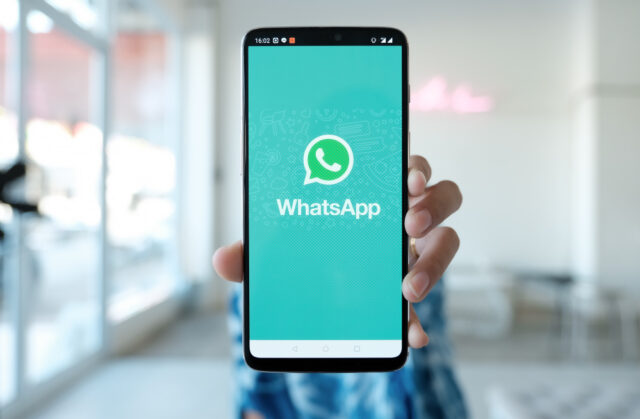
By Lucas Ropek
Iran and the U.S. may not agree on much (and may technically be at war with each other right now) but there is, apparently, one thing that officials from both countries seem to be on the same page about: WhatsApp, Meta’s ubiquitous chat app, is a data hazard and not to be trusted.
Since Facebook bought WhatsApp for $19 billion in 2014, Mark Zuckberg’s company has attempted to position the app as the world’s premier privacy-focused communication tool. “End-to-end encryption keeps your personal messages and calls between you and the person you’re communicating with,” WhatsApp has said. “No one outside of the chat, not even WhatsApp, can read, listen to, or share them.” At the same time, Zuckerberg has sought to make it one of the most widely used apps on the planet. His efforts have been largely successful: WhatsApp is used all over the globe (with 3 billion monthly users), including in large parts of Europe, Latin America, and the Middle East.
However, activists and researchers have continually raised questions over the actual privacy assurances of the app—questions that were thrust back into the limelight this week with the arrival of two new controversies involving the app.
Last week, Iranian state television blared out a warning to the nation’s citizens, asking them to remove WhatsApp from their phones and devices and claiming—without evidence—that information from the app could be shared with Israel. The Associated Press originally reported on the Iranian government’s claims. Such warnings from Iran about Israeli influence over Western companies wouldn’t be that unusual on its face, but government offices in the U.S. also seem to agree that there’s a problem with the app.
On Monday, Axios reported that the U.S. House’s chief administrative officer, which provides support services to lawmakers and their staff, issued guidance that forbids the use of WhatsApp on government phones. The report cites an email that was circulated among House staff, which reads: “House staff are NOT allowed to download or keep the WhatsApp application on any House device, including any mobile, desktop, or web browser versions of its products.” The email went on: “If you have a WhatsApp application on your House-managed device, you will be contacted to remove it.” The warning continued: “The Office of Cybersecurity has deemed WhatsApp a high-risk to users due to the lack of transparency in how it protects user data, absence of stored data encryption, and potential security risks involved with its use.”
Disclaimer
Artificial Intelligence Disclosure & Legal Disclaimer
AI Content Policy.
To provide our readers with timely and comprehensive coverage, South Florida Reporter uses artificial intelligence (AI) to assist in producing certain articles and visual content.
Articles: AI may be used to assist in research, structural drafting, or data analysis. All AI-assisted text is reviewed and edited by our team to ensure accuracy and adherence to our editorial standards.
Images: Any imagery generated or significantly altered by AI is clearly marked with a disclaimer or watermark to distinguish it from traditional photography or editorial illustrations.
General Disclaimer
The information contained in South Florida Reporter is for general information purposes only.
South Florida Reporter assumes no responsibility for errors or omissions in the contents of the Service. In no event shall South Florida Reporter be liable for any special, direct, indirect, consequential, or incidental damages or any damages whatsoever, whether in an action of contract, negligence or other tort, arising out of or in connection with the use of the Service or the contents of the Service.
The Company reserves the right to make additions, deletions, or modifications to the contents of the Service at any time without prior notice. The Company does not warrant that the Service is free of viruses or other harmful components.












